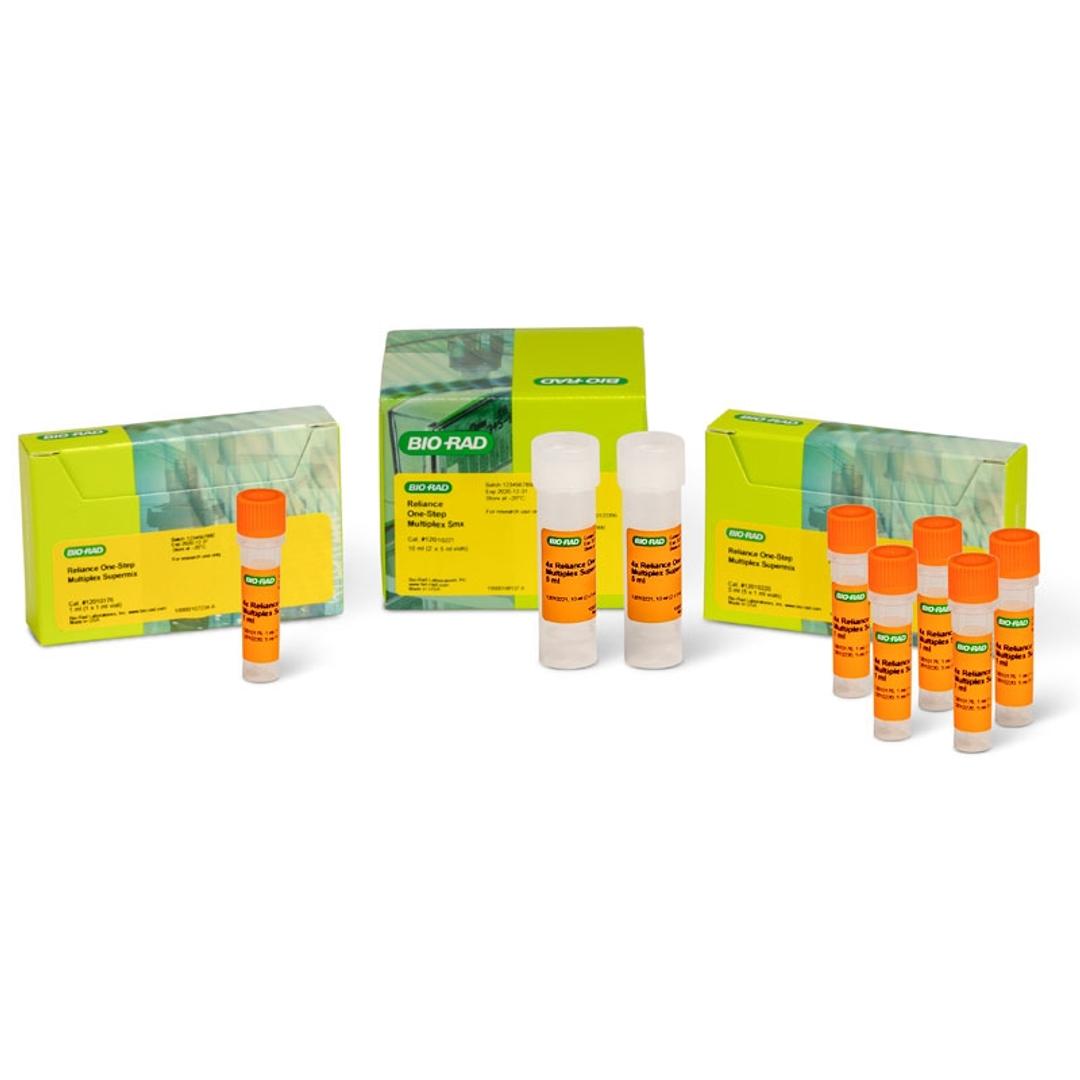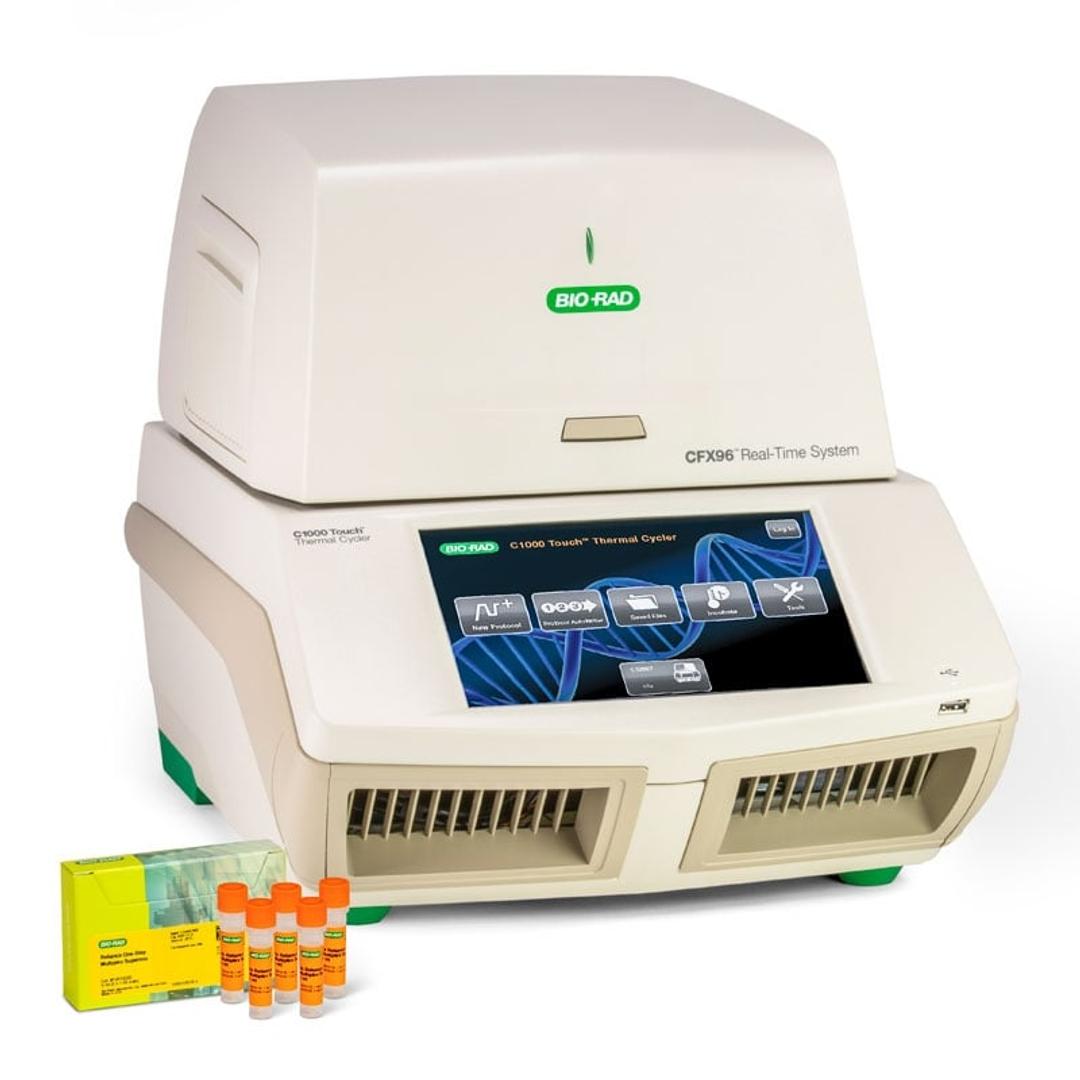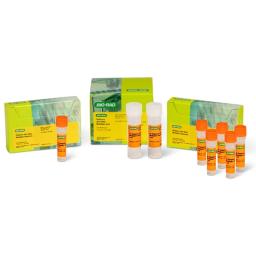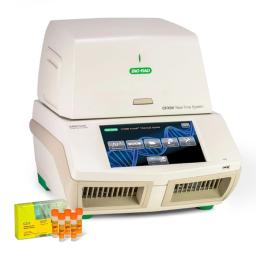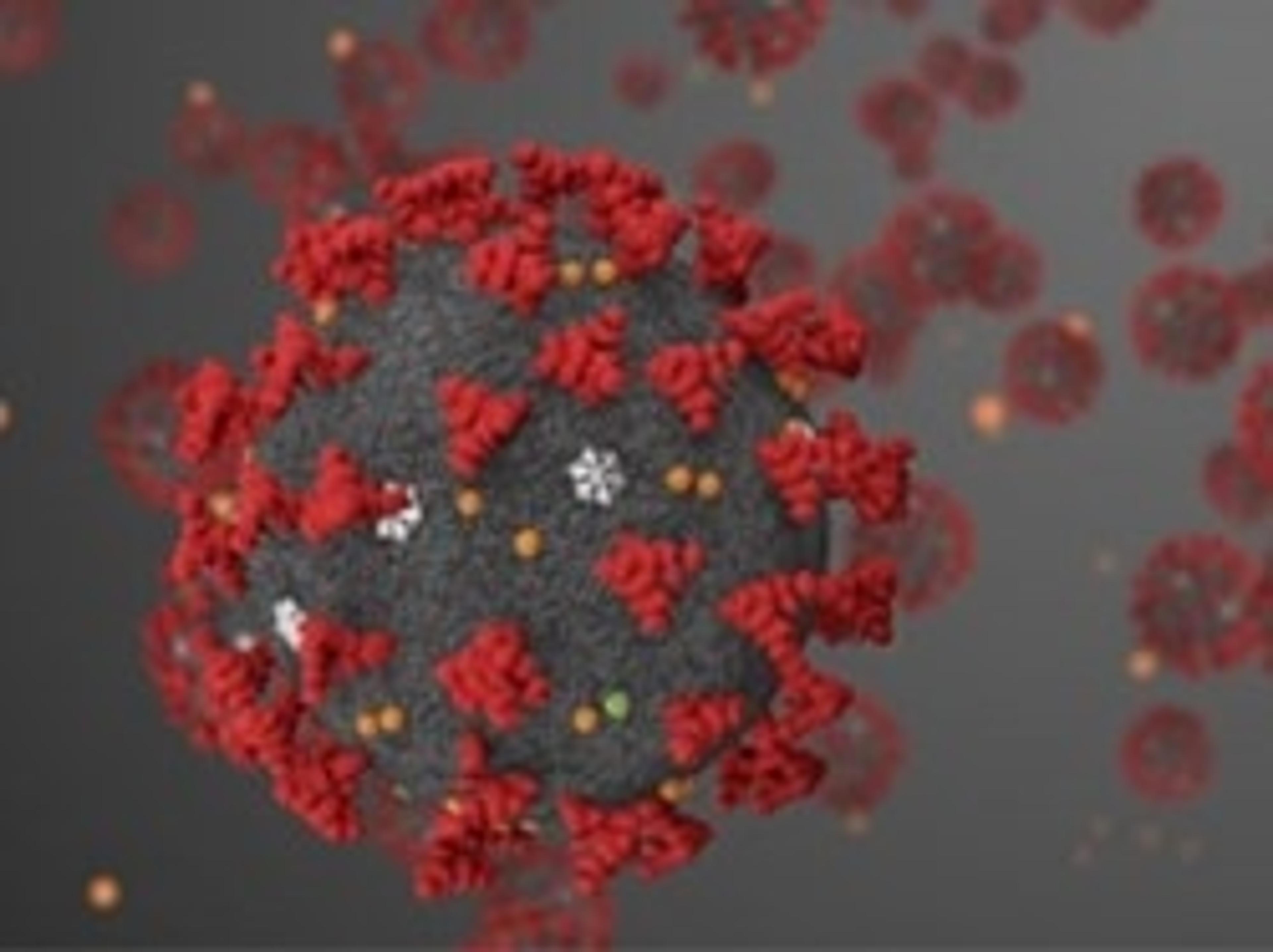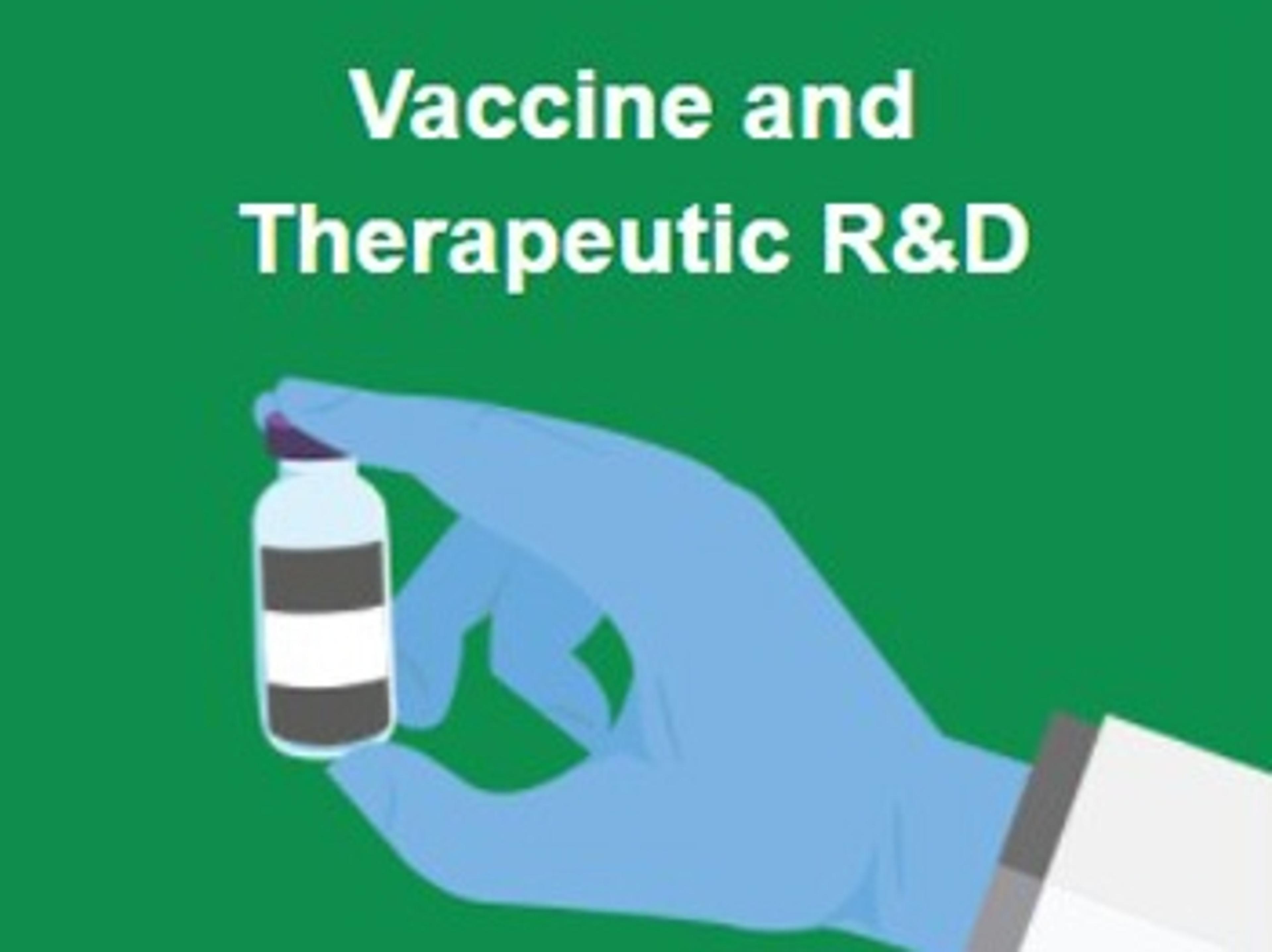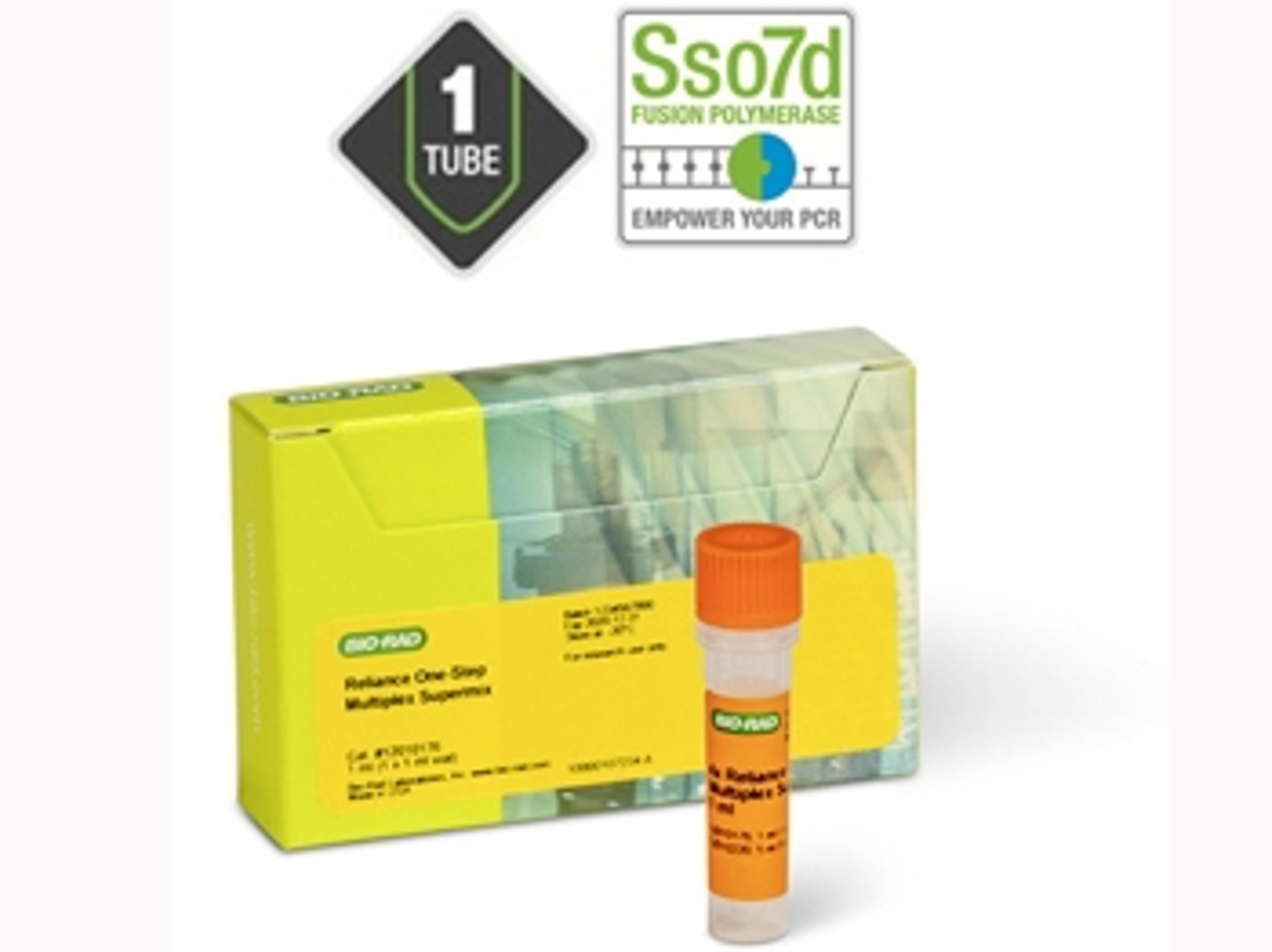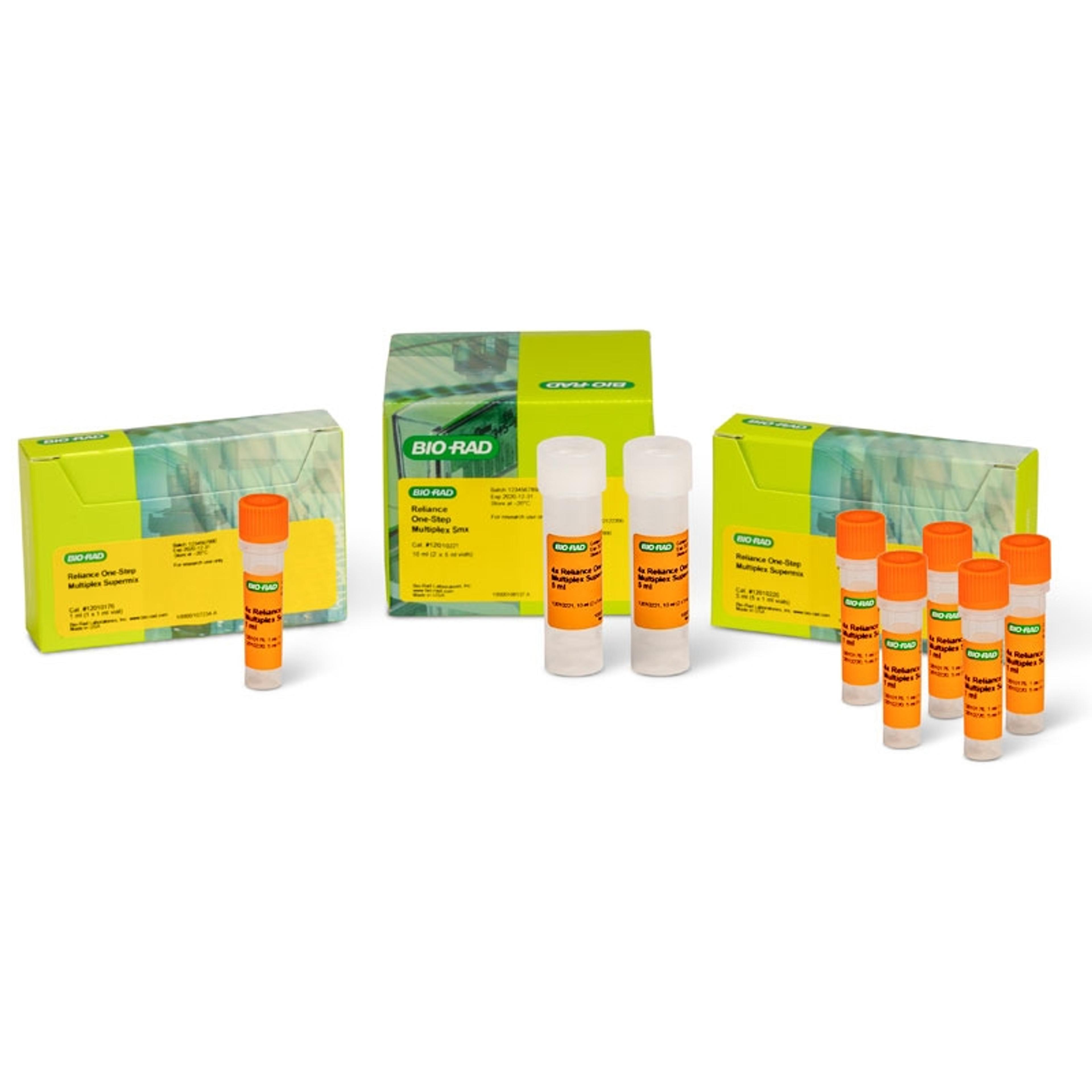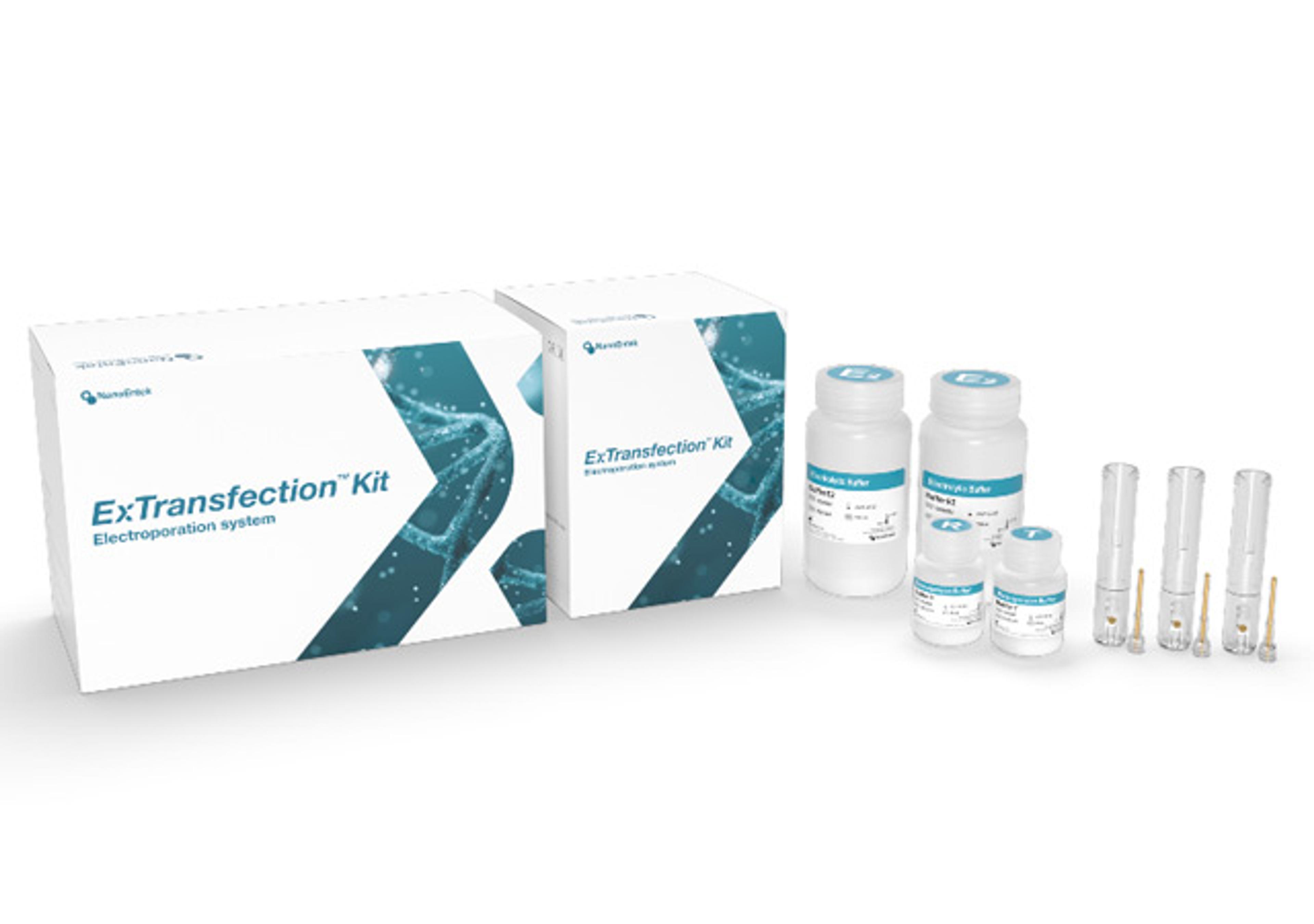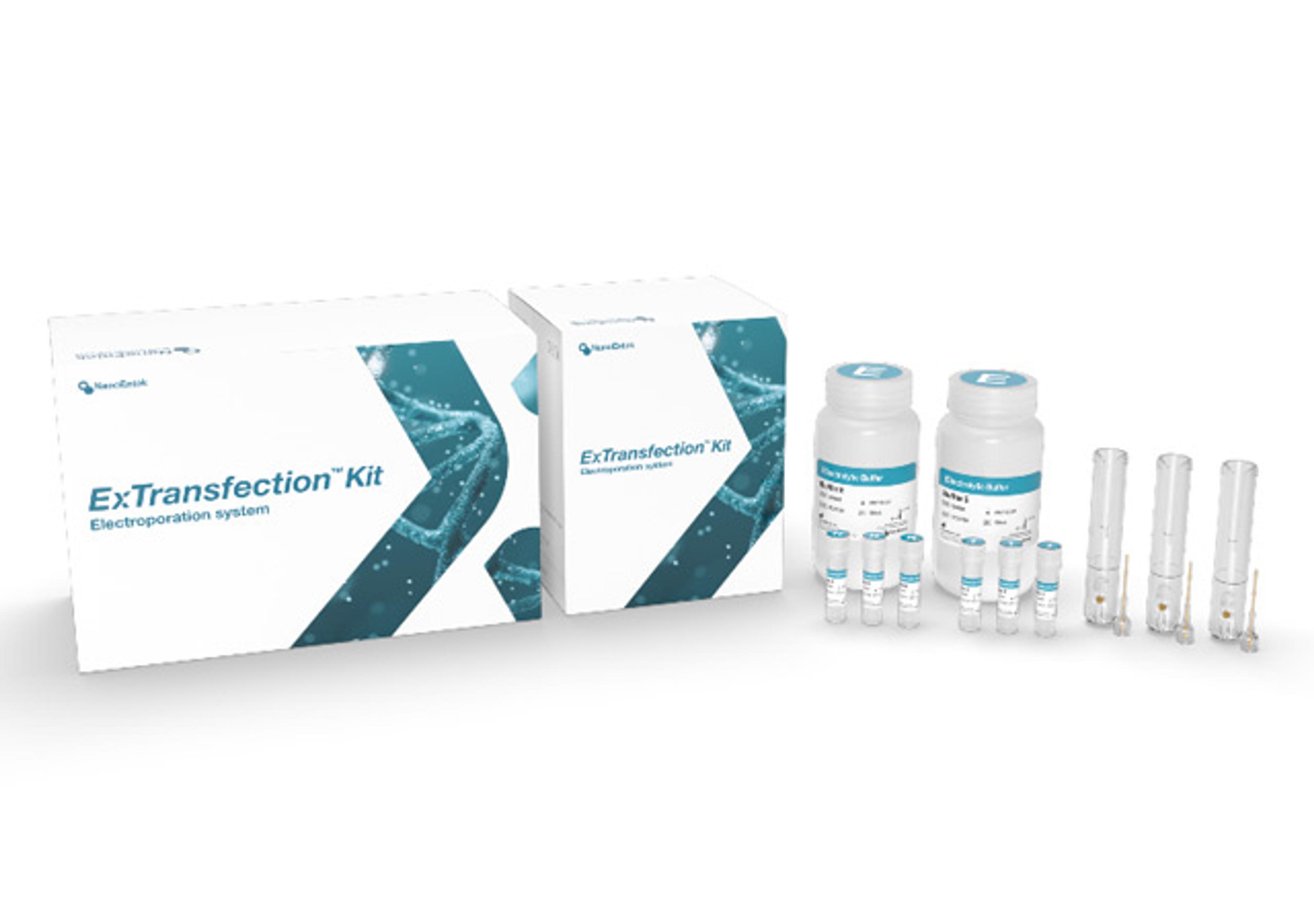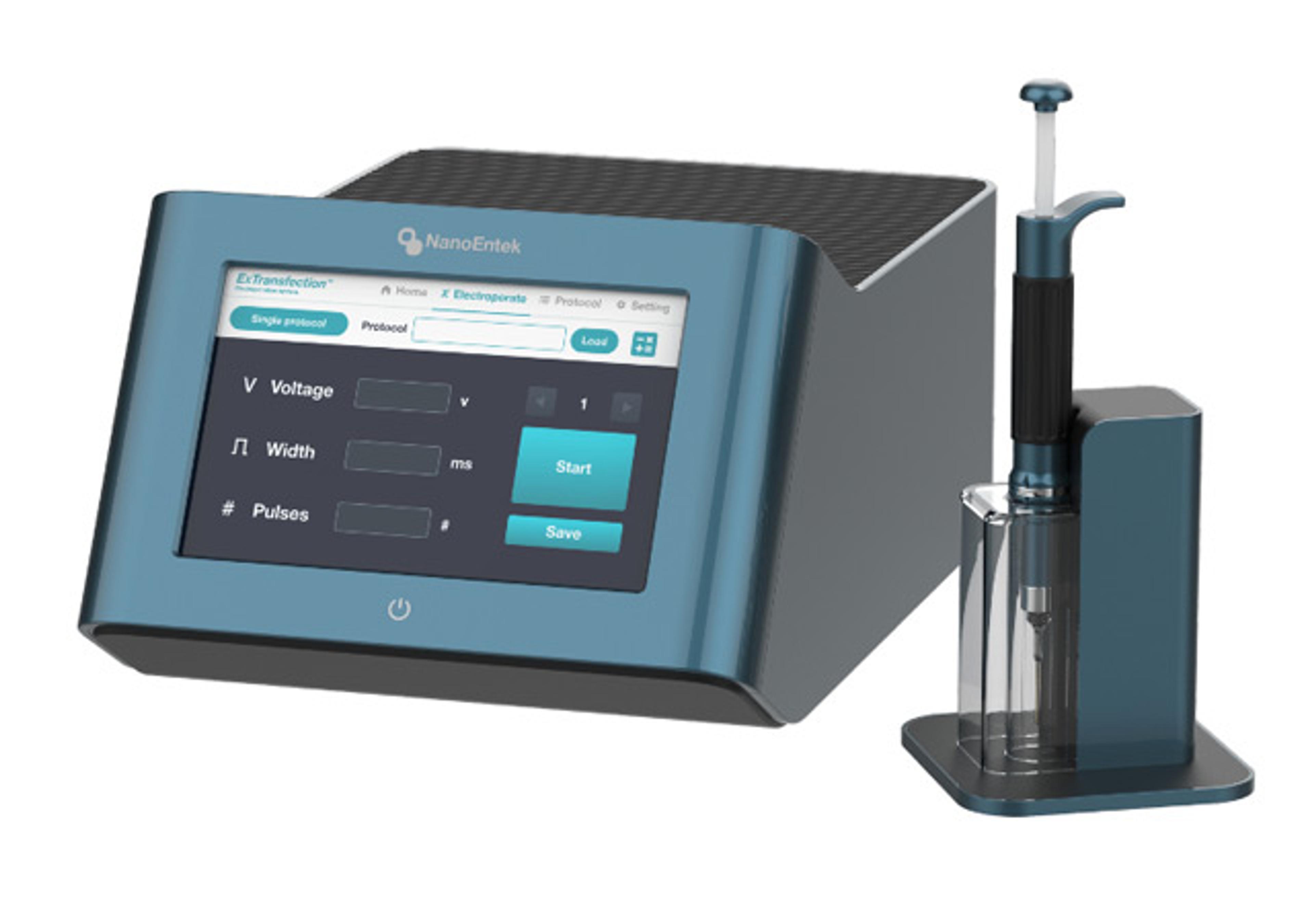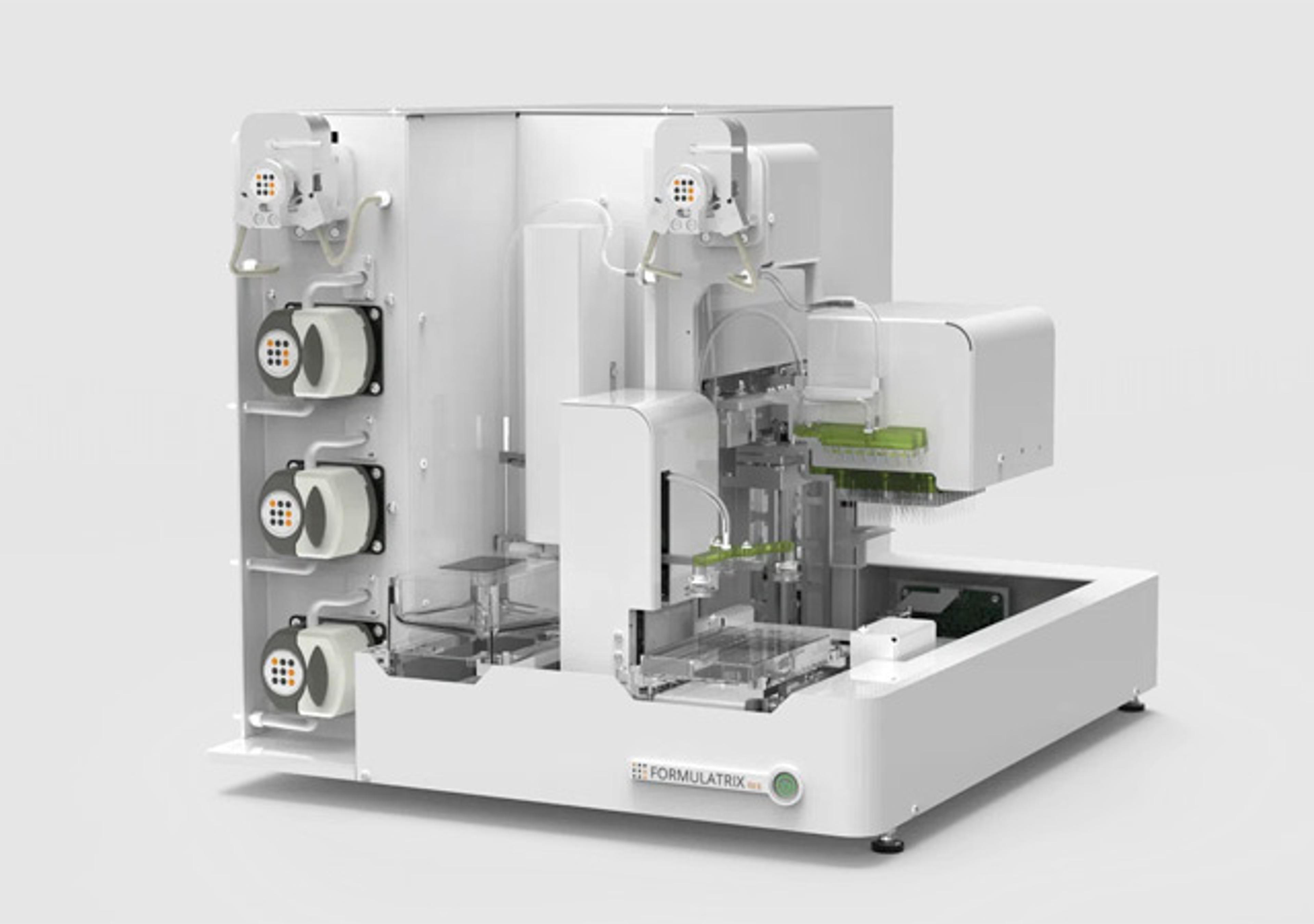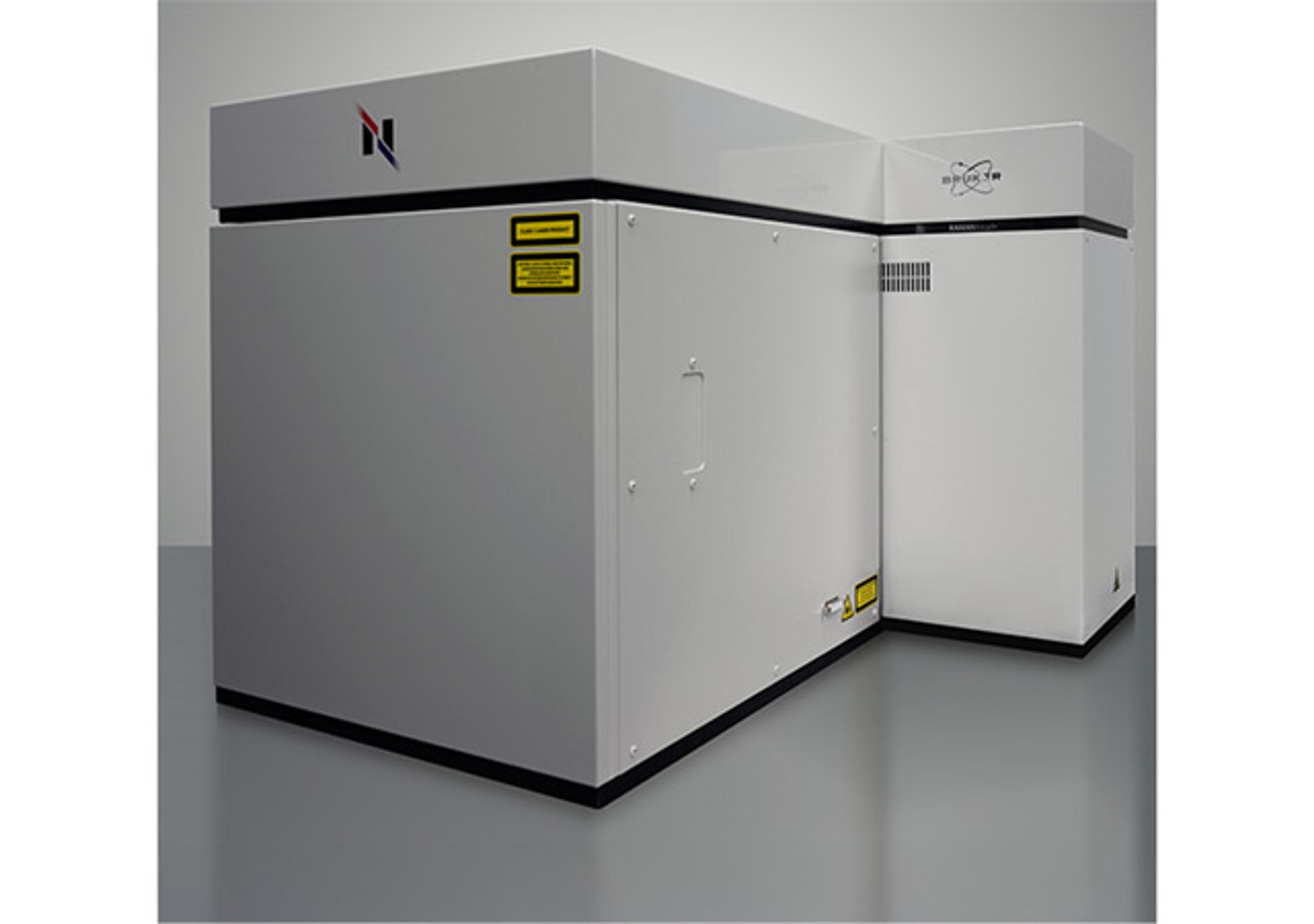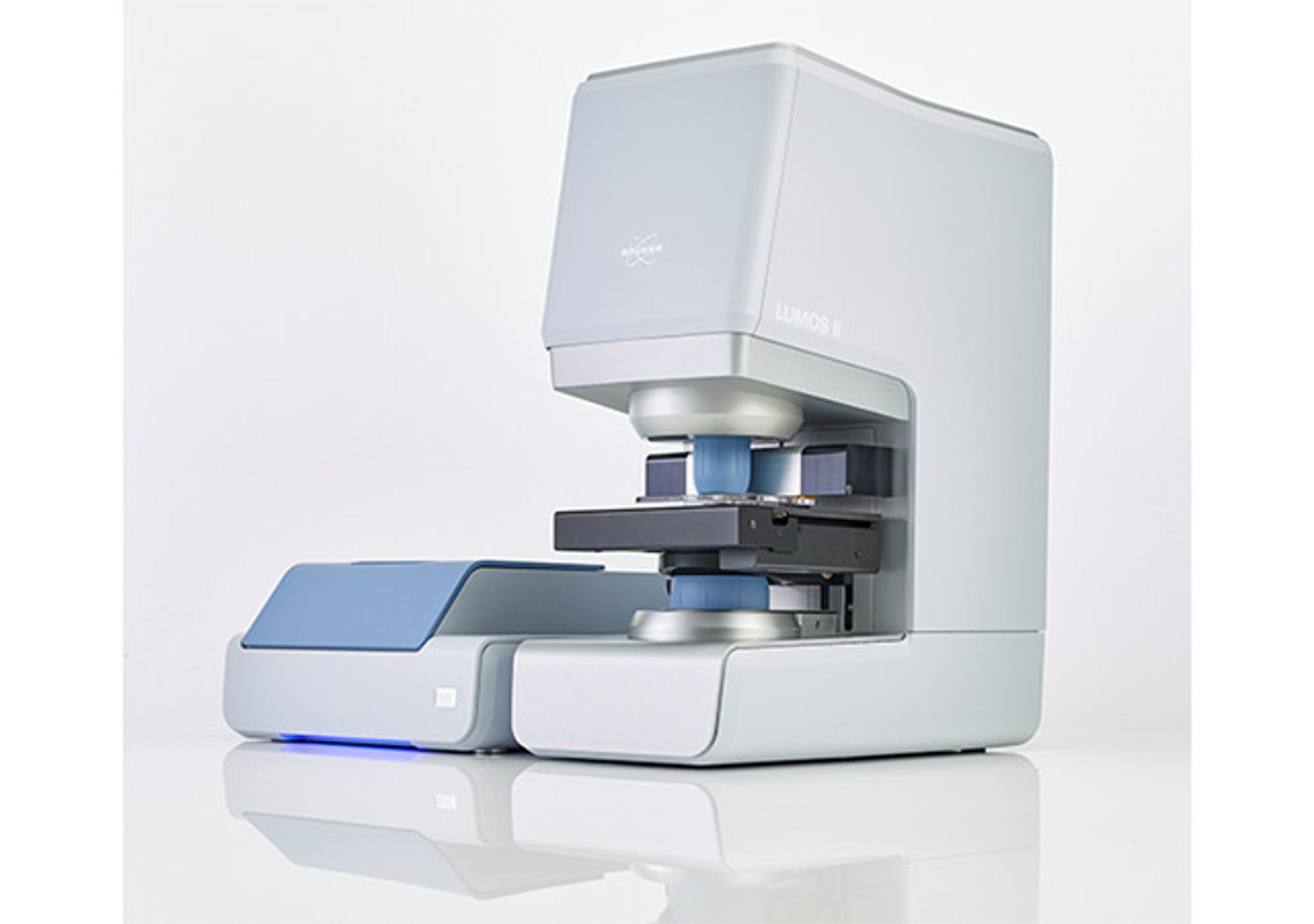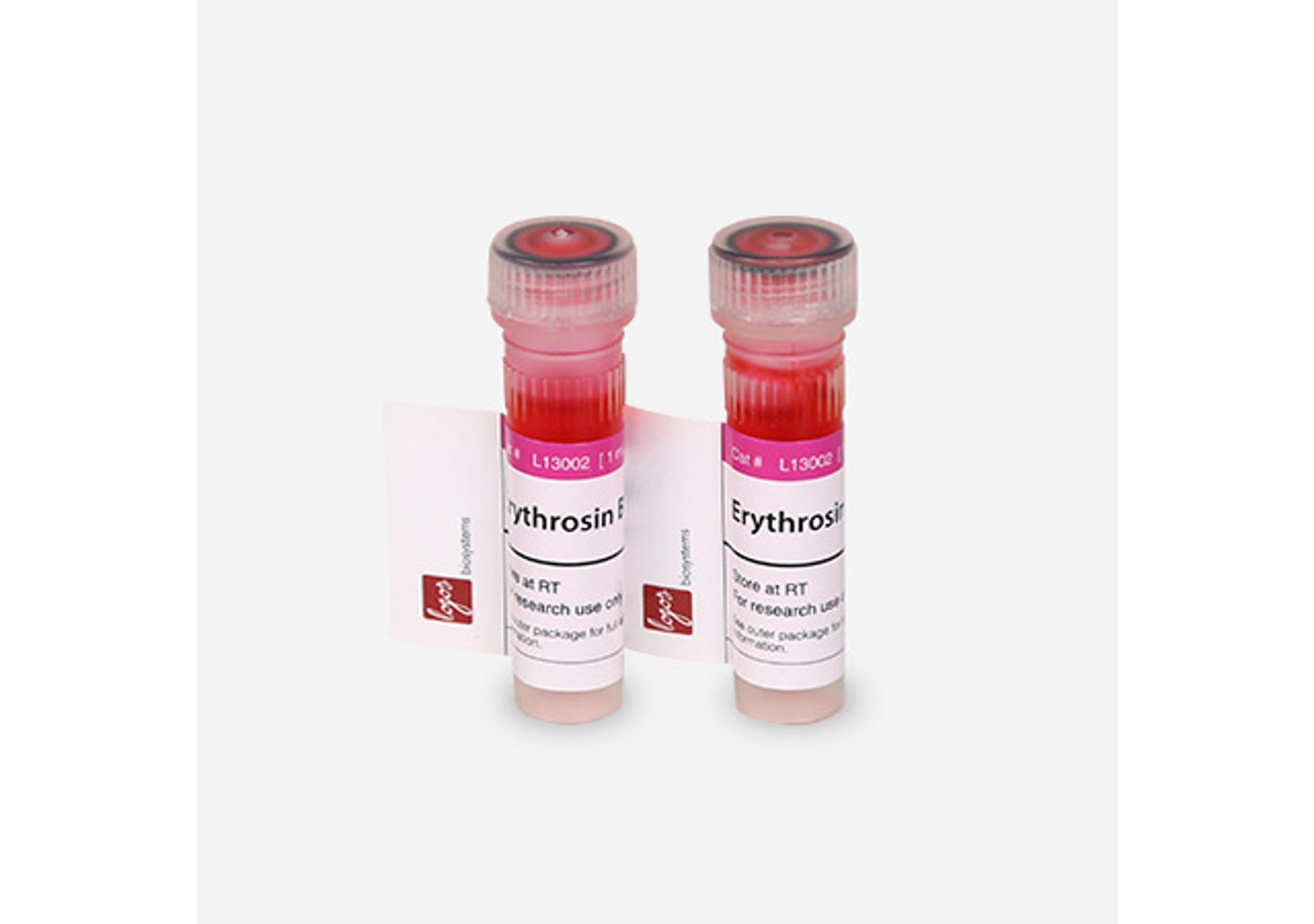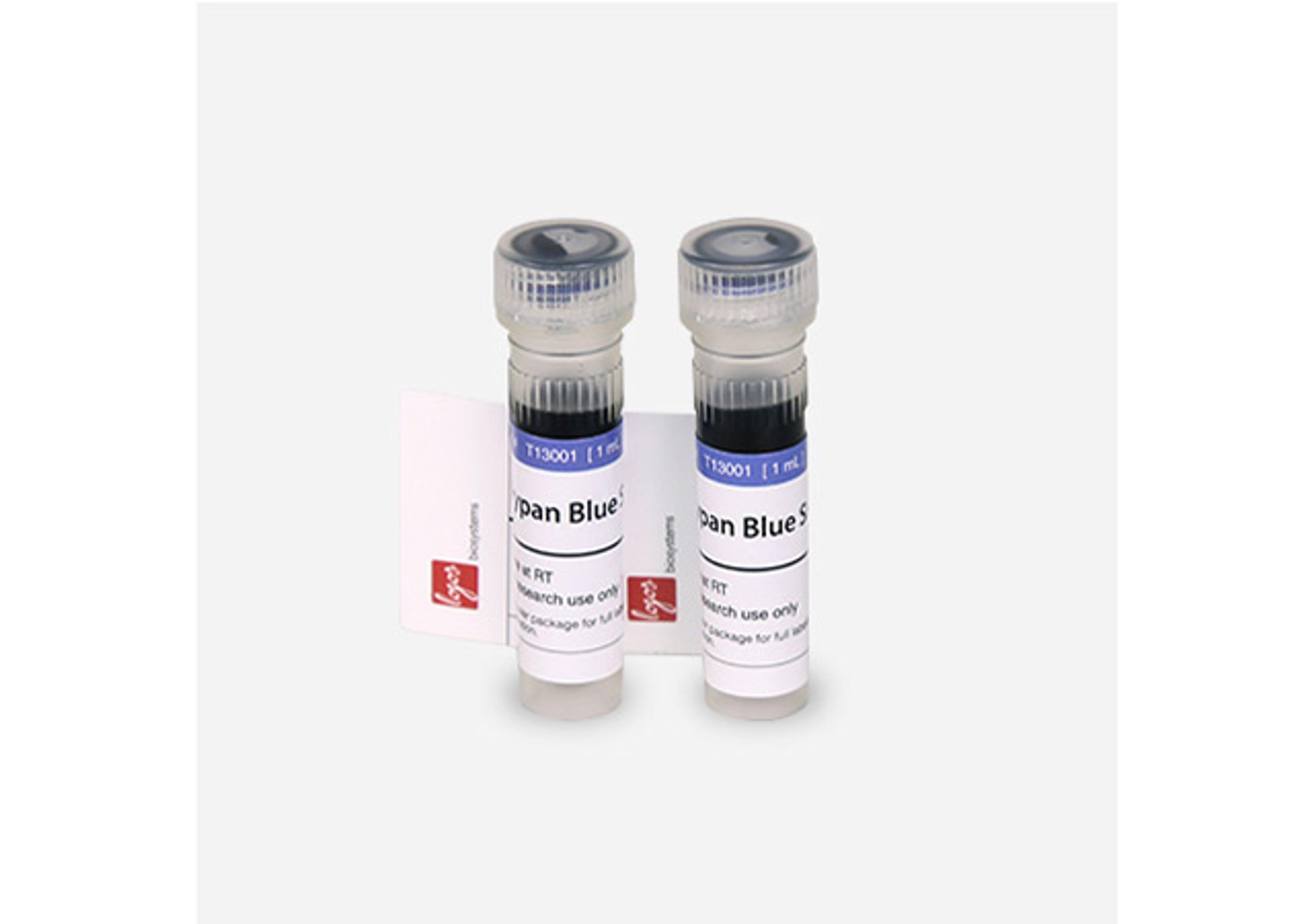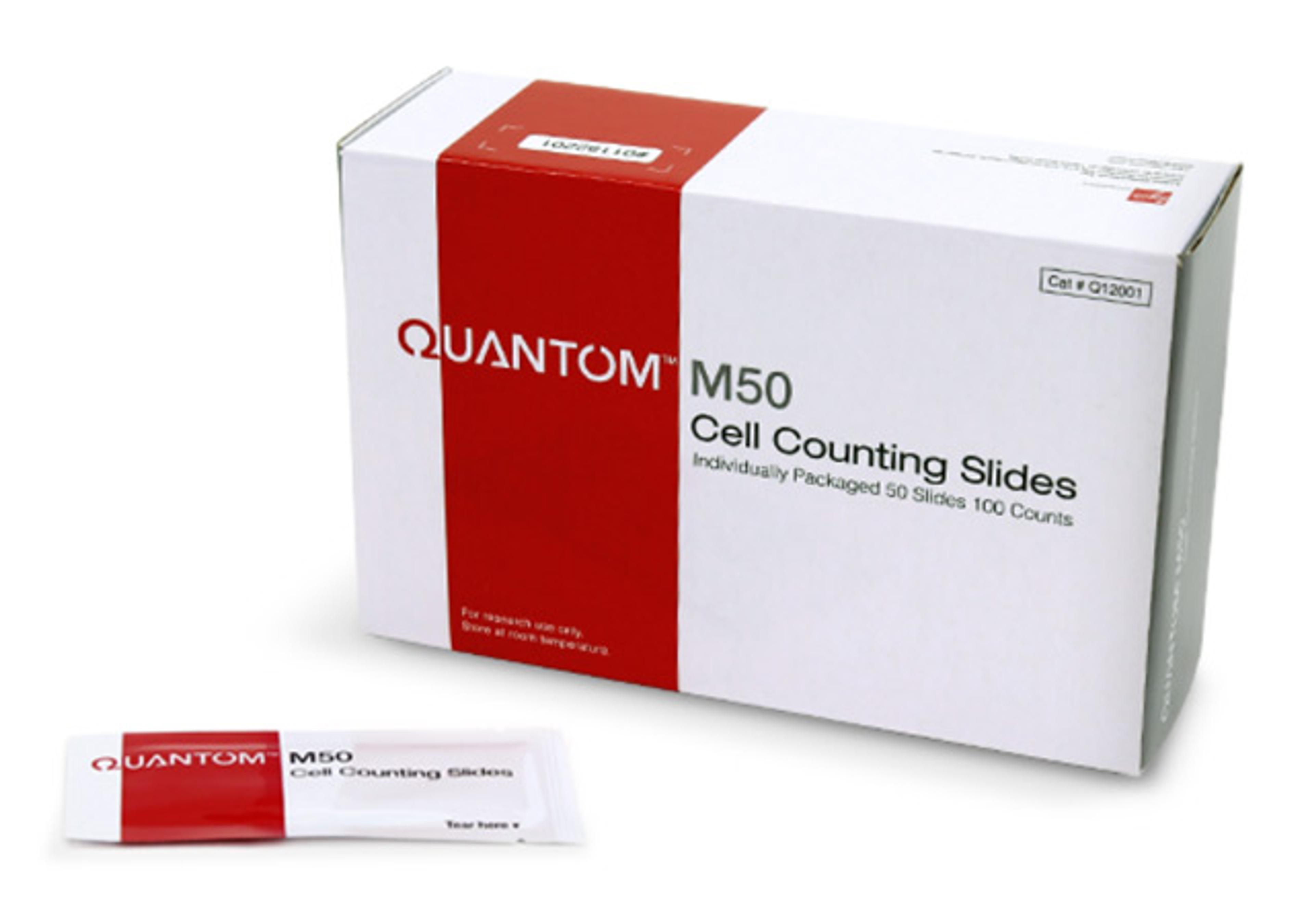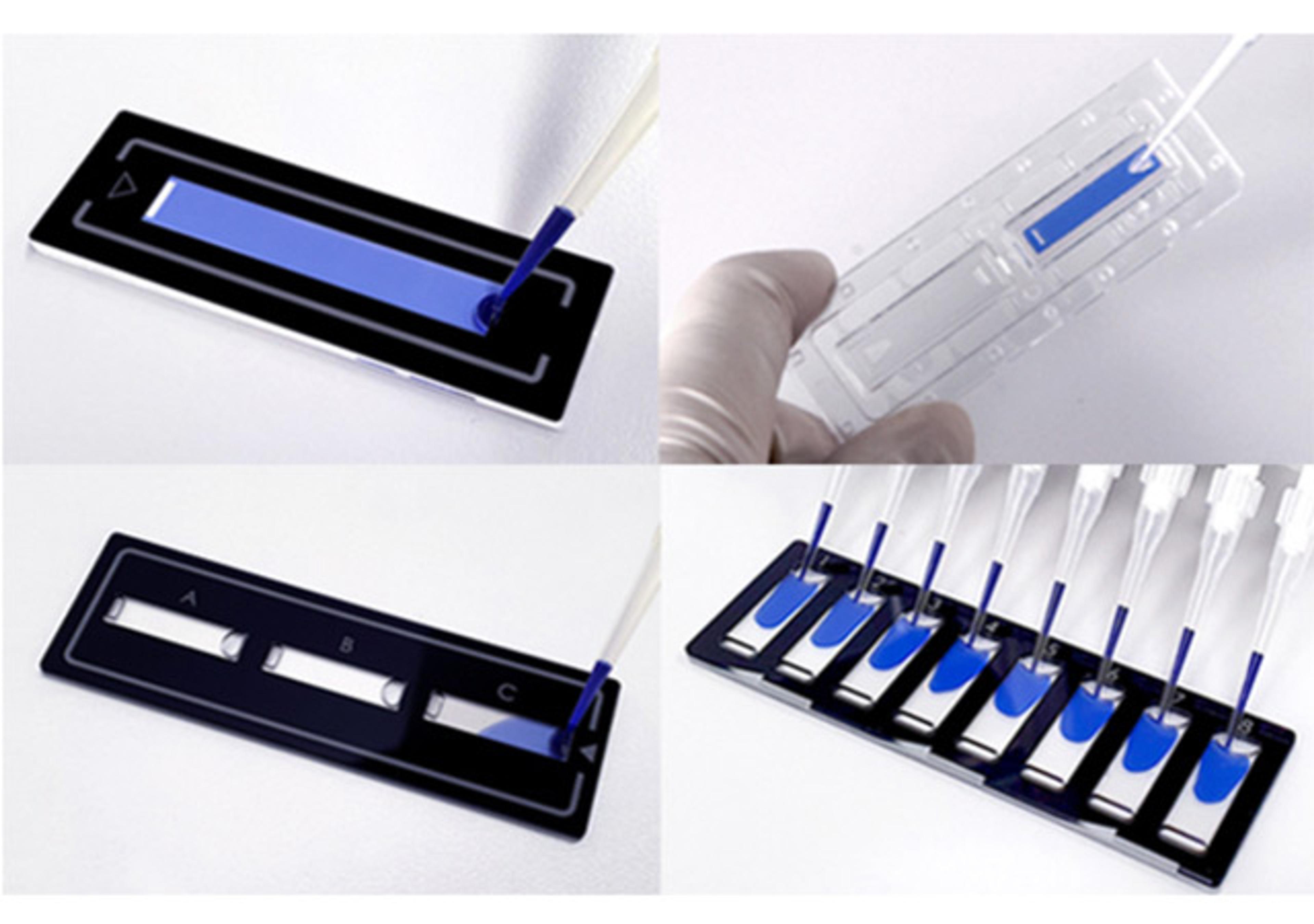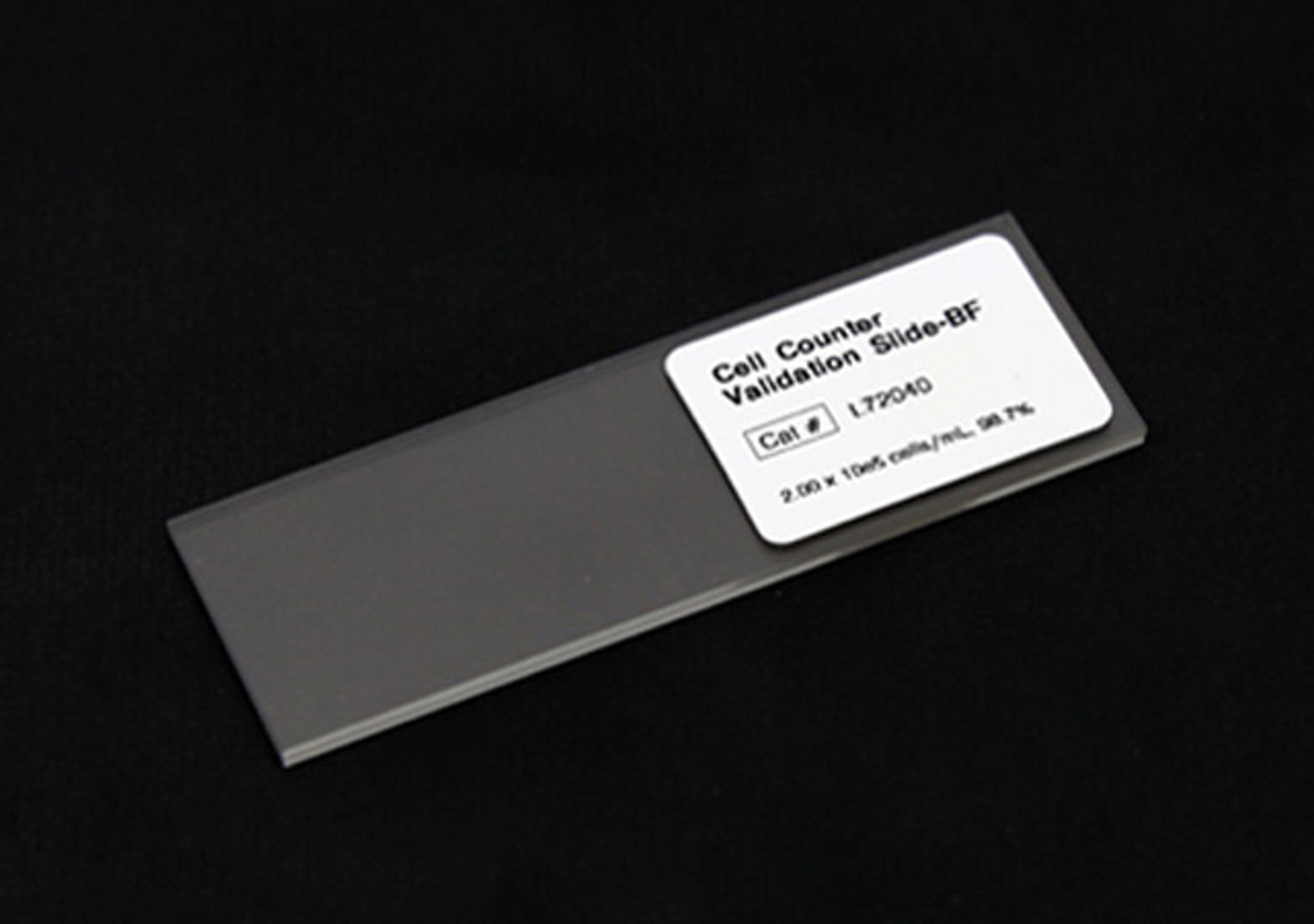Reliance One-Step Multiplex RT-qPCR Supermix
Use the Reliance One-Step Multiplex Supermix for sensitive amplification of up to 5 targets in a single reaction. Expertly formulated with high-performance enzymes and advanced reaction buffer, this robust supermix delivers reproducible RT-qPCR performance in a multiplex fashion, including with challenging templates, difficult targets or in the presence of PCR inhibitors.

The supplier does not provide quotations for this product through SelectScience. You can search for similar products in our Product Directory.
Features and Benefits
- Sensitive, reproducible multiplexing of up to 5 targets — get the most out of your samples while reducing costs
- 24-hour assembled reaction stability at room temperature — enables the use in an automated workflow to maximize throughput
- Convenient one-tube supermix — for minimizing reaction setup time and handling errors
- 4x concentrated formulation — increase detection sensitivity by maximizing input volume
- Tolerant to common PCR inhibitors — for use with lysates or samples of varying quality
Exceptional Performance of 5-target Multiplex
Reliance One-Step Multiplex Supermix enables researchers to get the most data out of their samples. Optimally formulated with a novel proprietary Reliance Reverse Transcriptase and robust DNA polymerases blend, this supermix amplifies up to 5 targets across a broad linear dynamic range from 1 pg to 1 µg of RNA input with maximum sensitivity and efficiency.
Unparalleled Room Temperature Stability for Up To 24 Hours
Reliance One-Step Multiplex Supermix is developed with high-throughput researchers in mind. Whether you want to queue up plates ahead of time or use an automated workflow, Reliance One-Step Multiplex Supermix will maintain its performance even after 24 hour incubation of assembled reactions.
Efficient Co-detection of RNA and DNA Targets
Reliance One-Step Multiplex Supermix is designed to efficiently detect both RNA and DNA targets in the same reaction. Whether samples are tested for both RNA and DNA viruses at the same time or are run with internal controls, Reliance One-Step Multiplex Supermix reliably amplifies multiple targets regardless of their nature.
Applications and Uses
- Gene expression analysis
- Viral/pathogen detection (RNA viruses, DNA viruses, bacterial viruses, and fungal viruses)
- Diagnostic research
- High-throughput screening (small molecules, drug discovery, dosage experiment, CRISPR screening, and toxicology study)

